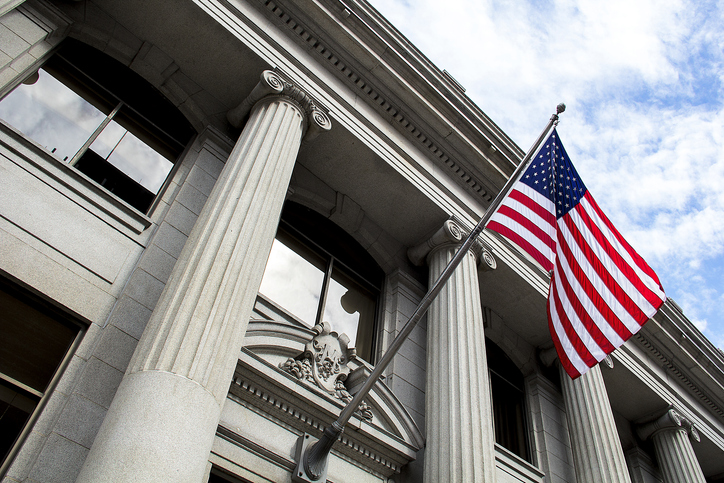Hampton Dellinger, nominated and confirmed by the Senate to lead the Office of Special Counsel (OSC), announced on May 20 that OSC will be updating the agency’s enforcement approach to the Hatch Act. The Hatch Act, passed in 1939, limits the political activity of government workers.
OSC is responsible for bringing Hatch Act violations to the Merit Systems Protection Board (MSPB), which hears cases and imposes sanctions if it determines the rules were broken. However, historically, OSC has declined to bring Hatch Act violations by White House officials to the MSPB, leaving punishment for these employees to the discretion of the President.
The updated advisory closes this major loophole. OSC will no longer refrain from enforcing the Hatch Act when it comes to White House employees, which Dellinger believes is consistent with Congressional intent.
Additionally, the OSC clarified that the Hatch Act does not bar enforcement against former government employees. Therefore, it is within OSC’s jurisdiction to bring appropriate Hatch Act violations by former government employees to the MSPB.
OSC also updated its advisory opinion on federal employees’ wearing or displaying items that promote a political candidate or political party (such as clothing, decor, or other merchandise) in the workplace. While the OSC’s regulations about such activities previously varied depending on whether they occurred after or before/during election day, the new advisory issues a blanket prohibition throughout the year.
In an opinion piece in Politico, Special Counsel Dellinger explained that the updated Hatch Act advisory works to keep partisan politics out of the federal workplace but does not impede the free speech of Federal Employees.
“Above all, the need to balance robust Hatch Act enforcement with careful consideration of government employee speech rights is vital because another key part of OSC’s mandate is supporting the federal workforce’s right to speak out on policy matters, particularly governmental misconduct,” wrote Dellinger.
Dellinger explained that OSC has firmly enforced the anti-gag order provisions of the Whistleblower Protection Enhancement Act, which prevent federal whistleblowers from being silenced.
Dellinger and the OSC recognize that the line can be blurry between what constitutes the promotion of a candidate or a campaign and what constitutes a legitimate connection to government activities or inter-branch debates. For this reason, OSC will continue to provide extensive training to inform federal agencies and employees of Hatch Act obligations. Those with questions about the Advisory Opinion are encouraged to contact OSC at HatchAct@osc.gov.
Dellinger was confirmed as Special Counsel by the Senate in February. During a Senate confirmation hearing in November, Dellinger expressed his commitment towards protecting whistleblowers and voiced his support for an annual National Whistleblower Day.
“Federal government whistleblowers deserve and are legally entitled to robust protection from retaliation,” Dellinger said. “And my overriding goal will be to contribute to greater trust in government including by protecting whistleblowers vigorously.”
“I strongly agree we should have an annual designated National Whistleblowers Day to acknowledge their inestimable contributions to government accountability and transparency,” Dellinger added.
